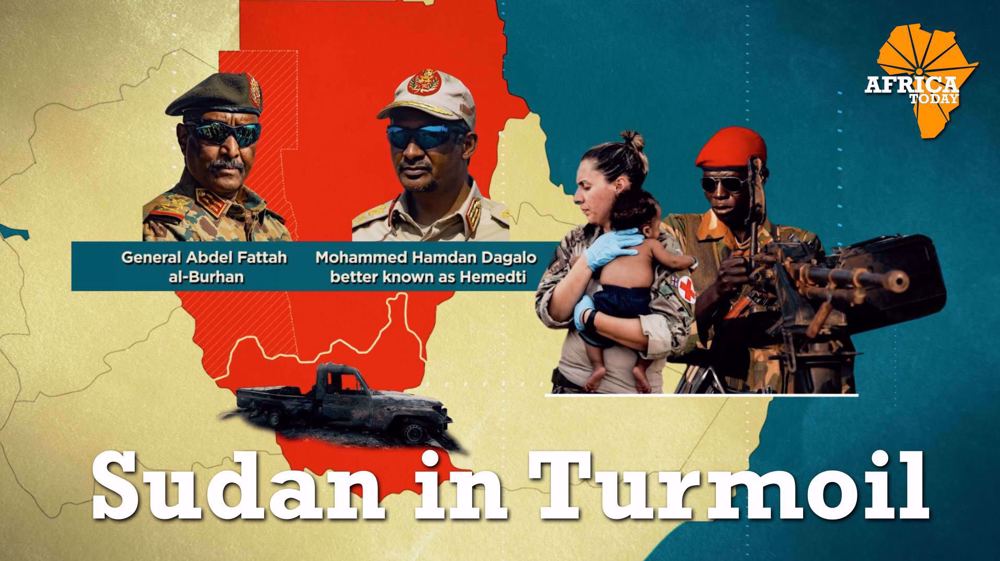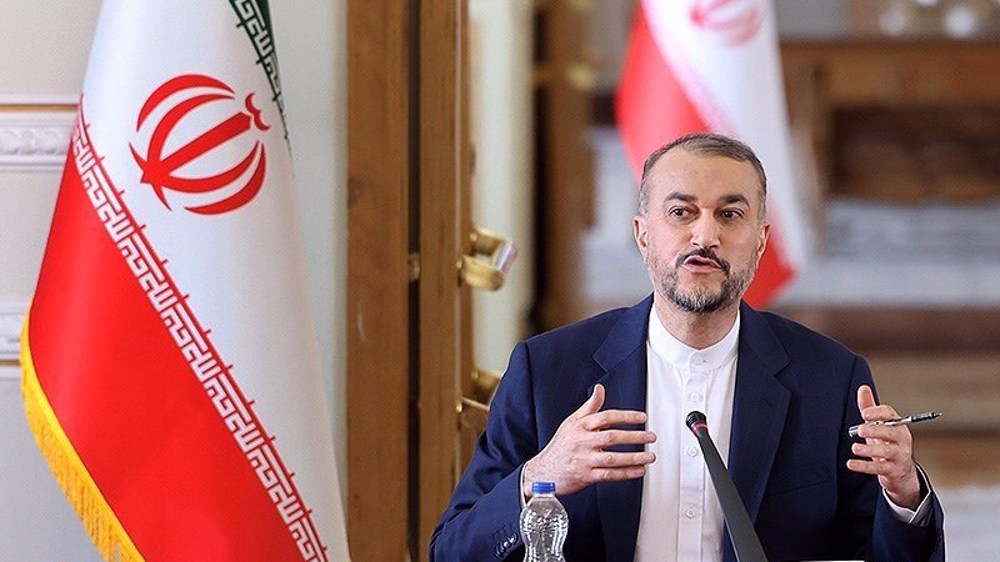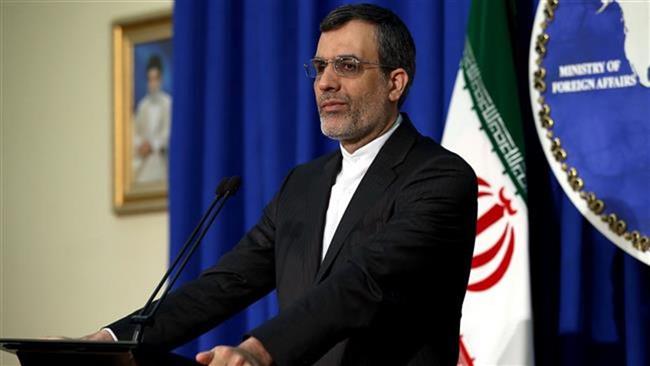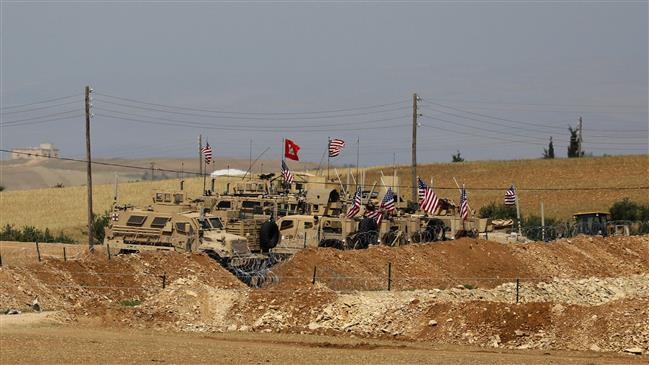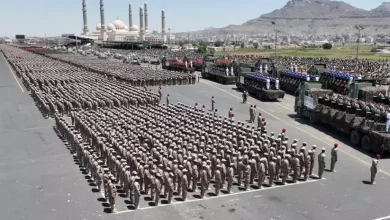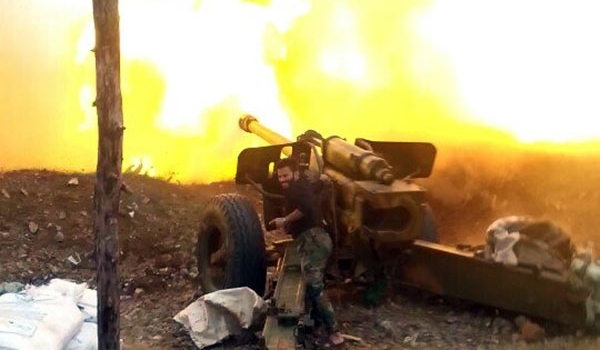US seeks to impose ideological changes on Sudan or balkanize it: Commentator
Amid the escalating conflict in Sudan, the United States is attempting to either implement its ideological changes in the African country and turn it into a secular state or weaken it through balkanization, according to a commentator.
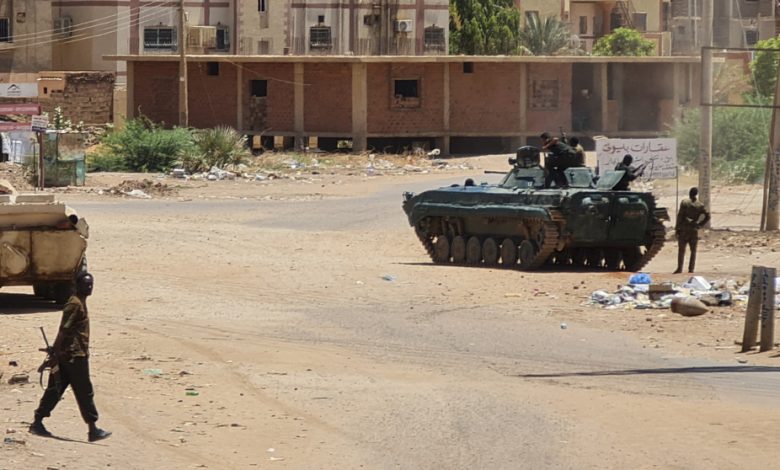
By removing Islam from Sudan’s constitution, the US is seeking to remove the Islamists from power in Sudan and instead confer the power to the leftists who are backed by the international community, London-based Sami Hamdi, the International Interest editor-in-chief, told Press TV’s weekly Africa Today.
“Americans will say either Sudan falls in line with the ideological changes that we want, or we are happy to support the breakup of Sudan, as we are seeing today, given the fighting has spread towards Darfur,” Hamdi said.
In 2019, after months of popular protests, the military overthrew the then-Sudanese President Omar al-Bashir who ruled the country for 30 years.
Al-Bashir was replaced by a transitional military government; however, protests continued demanding civilian rule.
The African Union intervened and civilian and military factions agreed to share power in a three-year transition with elections scheduled for 2023. A council of ministers was also formed under Prime Minister Abdalla Hamdok.
In October 2021, the military staged a coup that put an end to the country’s democratic transition that had begun with the removal of al-Bashir.
Nonetheless, the unrest continued, and in mid-April, fresh fighting broke out in Sudan.
Hundreds of people have been killed and 1000s injured in fighting between two rival generals in Sudan: the Army chief General Abdel Fattah al-Burhan, who has for years been the de facto leader of Sudan, and paramilitary Rapid Support Forces (RSF) commander Mohamed Hamdan Dagalo, better known as Hemedti.
In recent months, tensions between the army and the RSF have grown as a deadline for forming a civilian government approached.
A disagreement had been fomenting on the thorny issue of how the RSF should be re-integrated into the regular armed forces.
According to Hamdi, commander Hemedti has realized that if the RSF is merged with the army, then his power will be diminished.
On the other hand, General Burhan wants to hold on to power despite the pressure from the international community to hand over power to the civilian Forces of Freedom and Change (FFC), he added.
To stay in power, Burhan has threatened to hold an election because he knows that FFC will lose at any election to the Islamists, he said.
He slammed the civilian leftist parties and the international community for “betraying” the Sudanese and not letting them choose their own leaders.
“Washington, Abu Dhabi, and the civilian leftist parties believe that if they go to elections, the Islamists will win, so they collectively came together to say we don’t want the Sudanese to vote,” he said.
“The international community that keeps talking about democracy for Sudan betrayed the Sudanese and refused to give them democracy because they didn’t believe that the African nation would make a choice that they prefer.”
He said that General Burhan now has two choices to either join the international community in denying the Sudanese the right to vote by letting them mediate or to win against Hemedti and use that victory as “leverage” and begin a genuinely democratic process.
“Not that Burhan likes elections or wants to host the democratic transition. It is more that he believes his survival is more likely in a democratic transition.”
He also lauded the African Union’s approach in this regard which would “preserve the integrity of the state.”
“African Union is not keen on mediation between Hemedti and Burhan because they believe that this mediation will recognize Hemedti militia, outside the control of the state,” he said.
“And that has deep ramifications for countries such as Somalia, Eritrea, and other countries where we are seeing a buildup of militias being supported internationally.”
However, Hamdi said, Washington is not interested in protecting the integrity of Sudan, so they are looking for options to preserve Hemedti’s independence outside the army.
